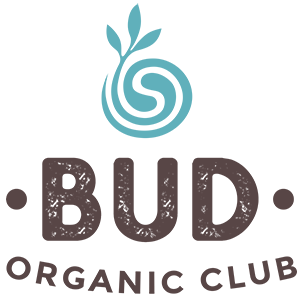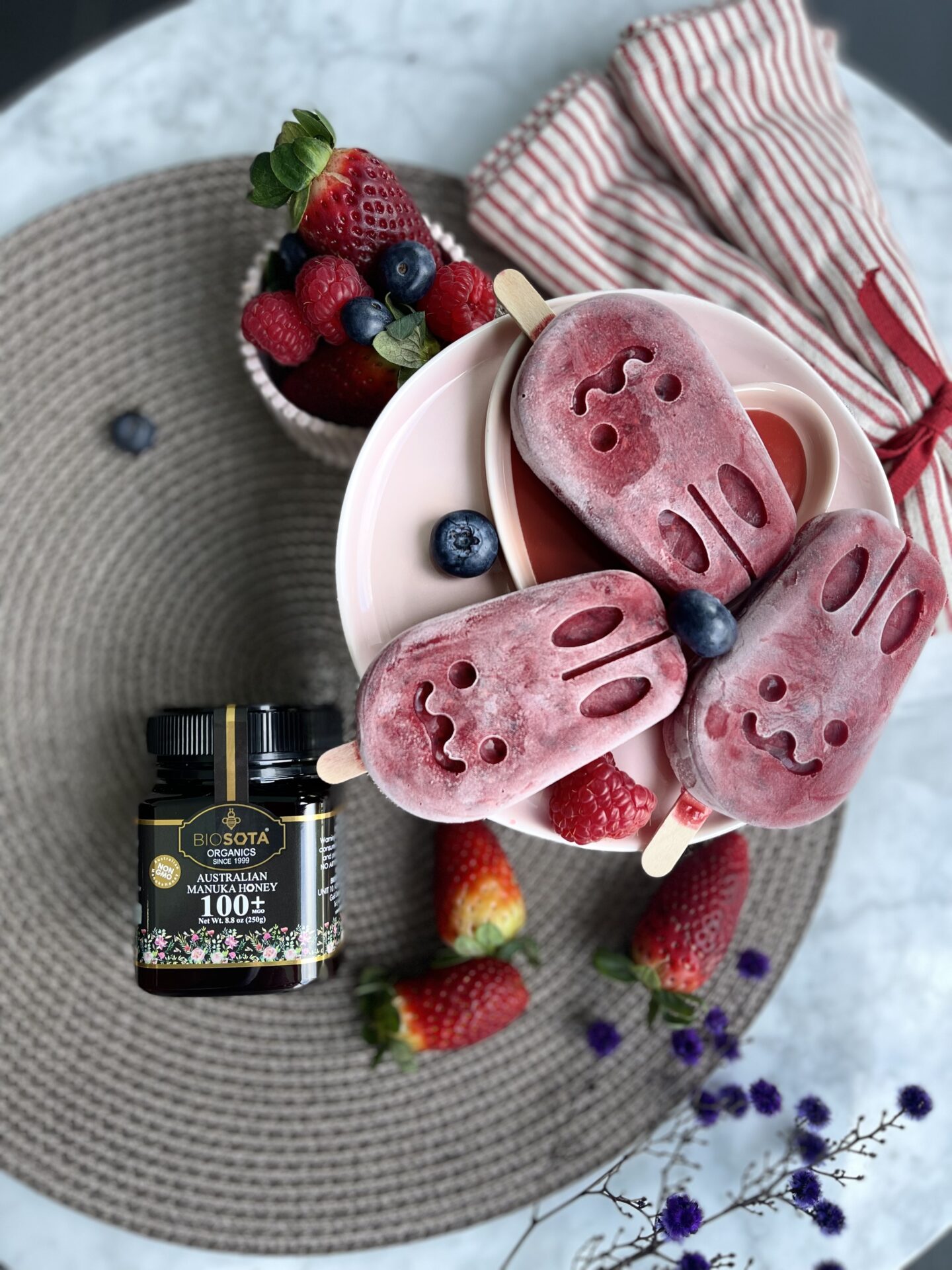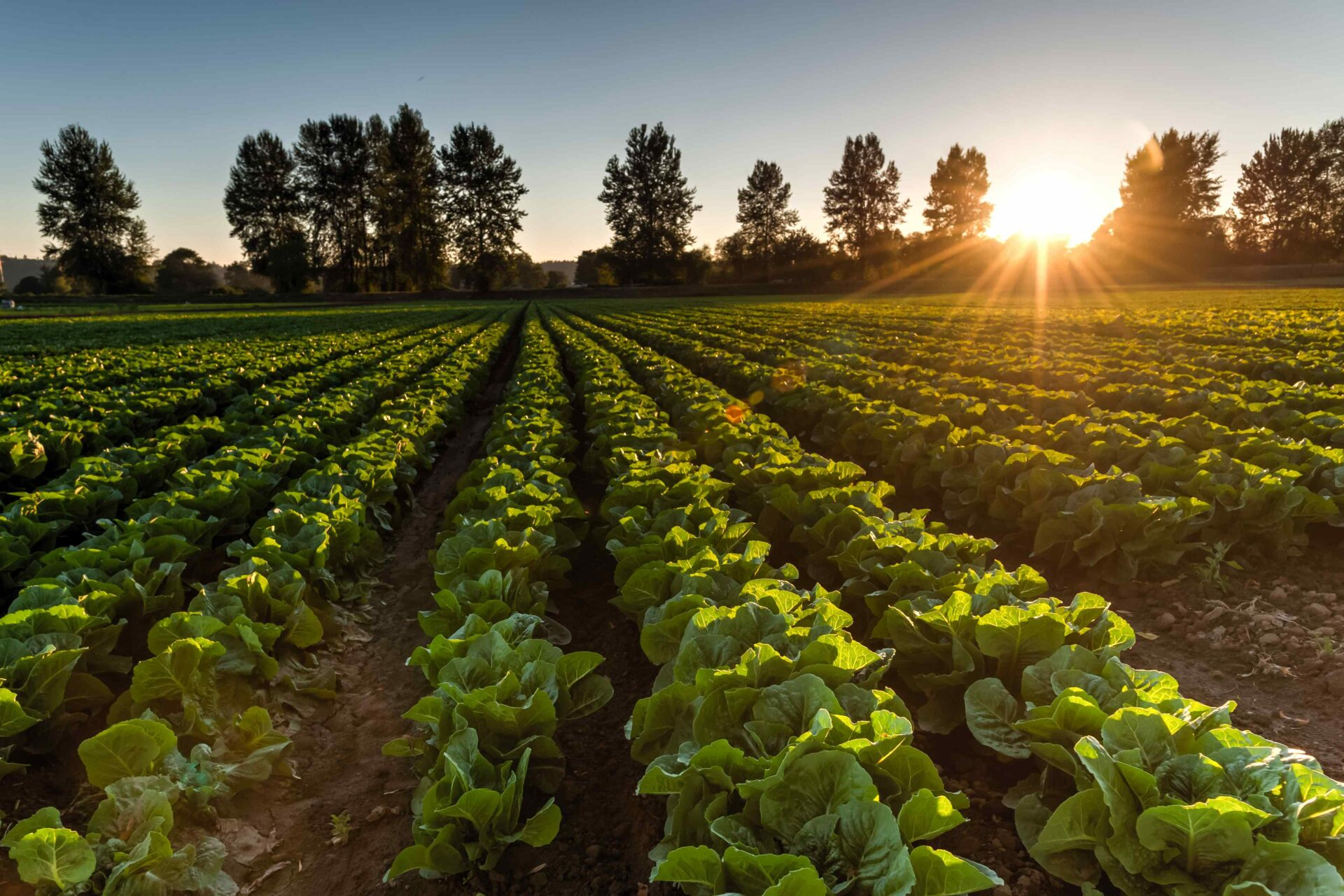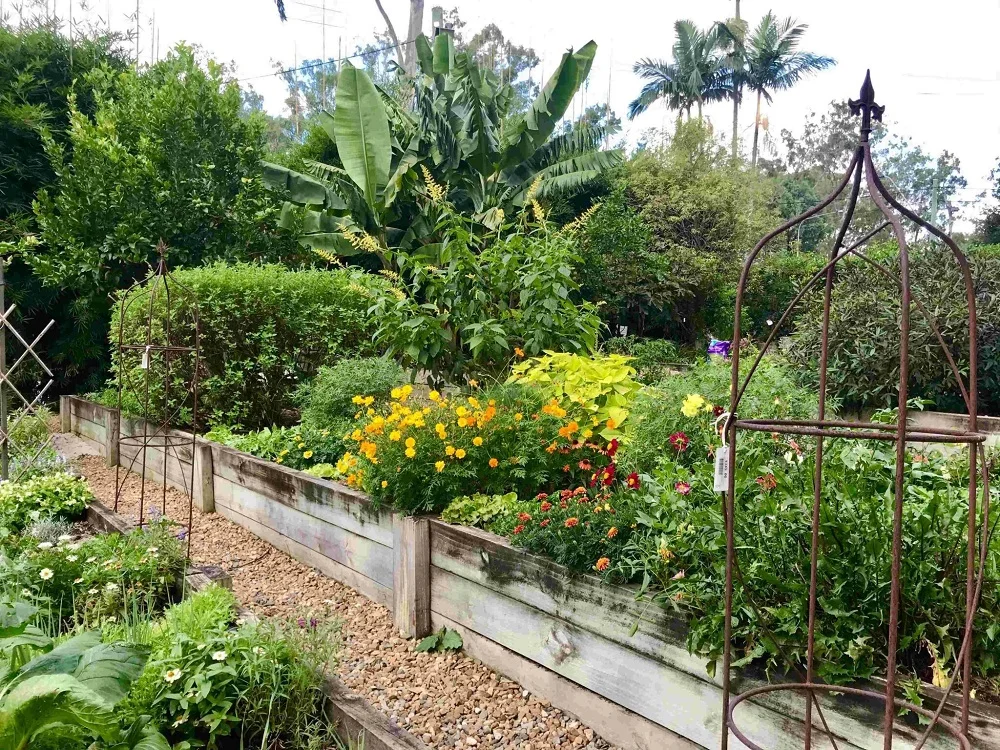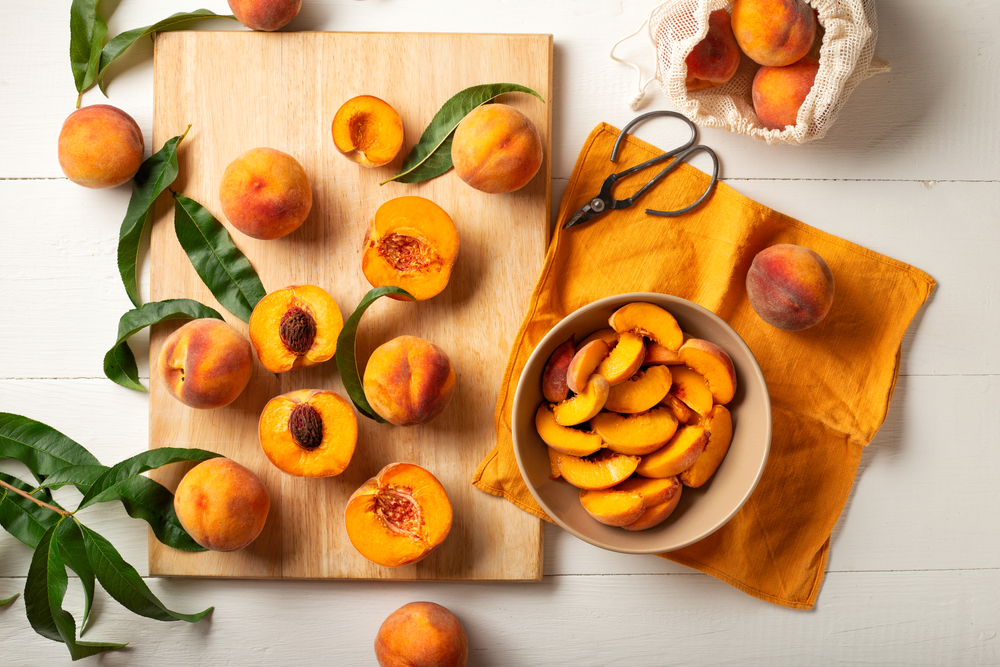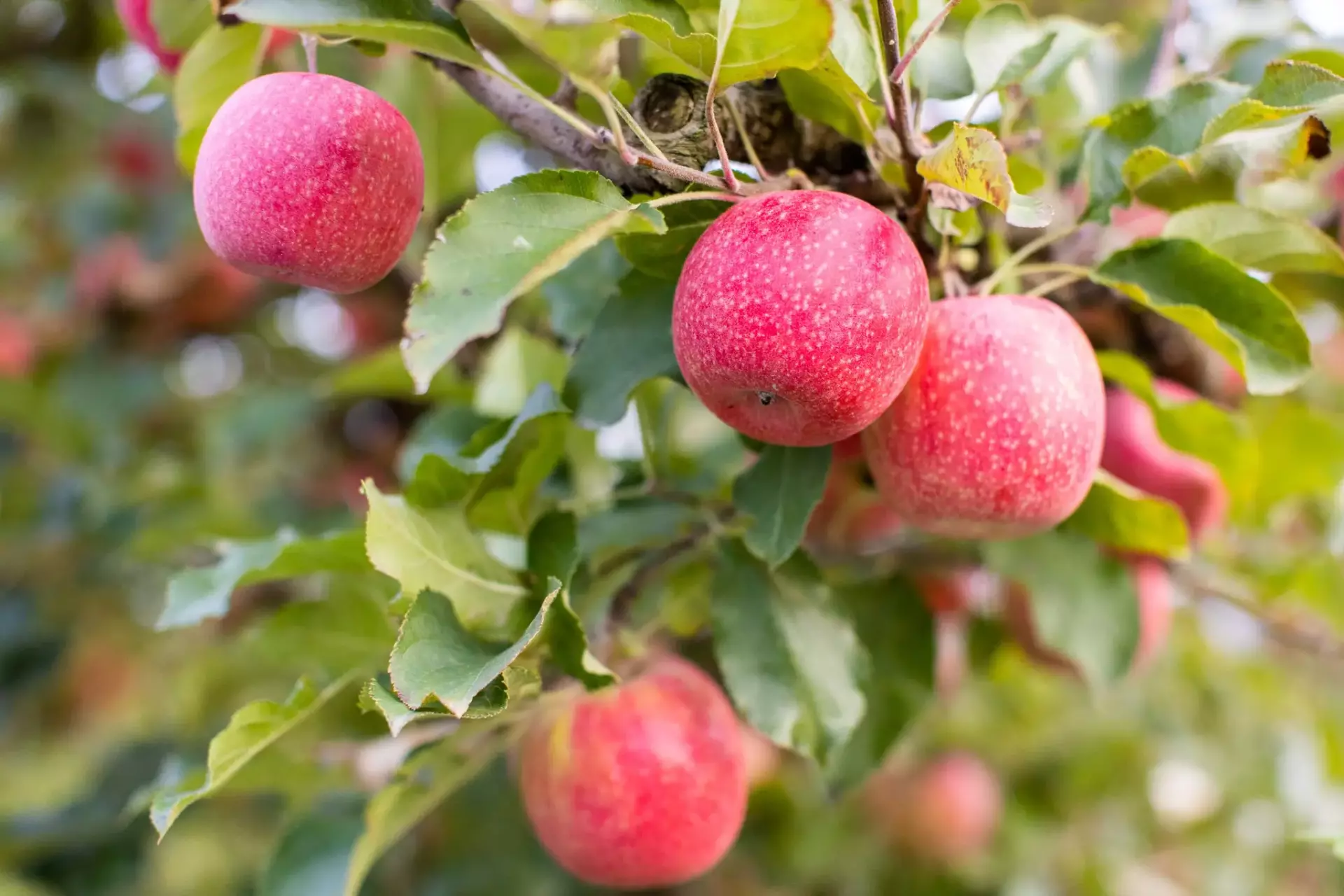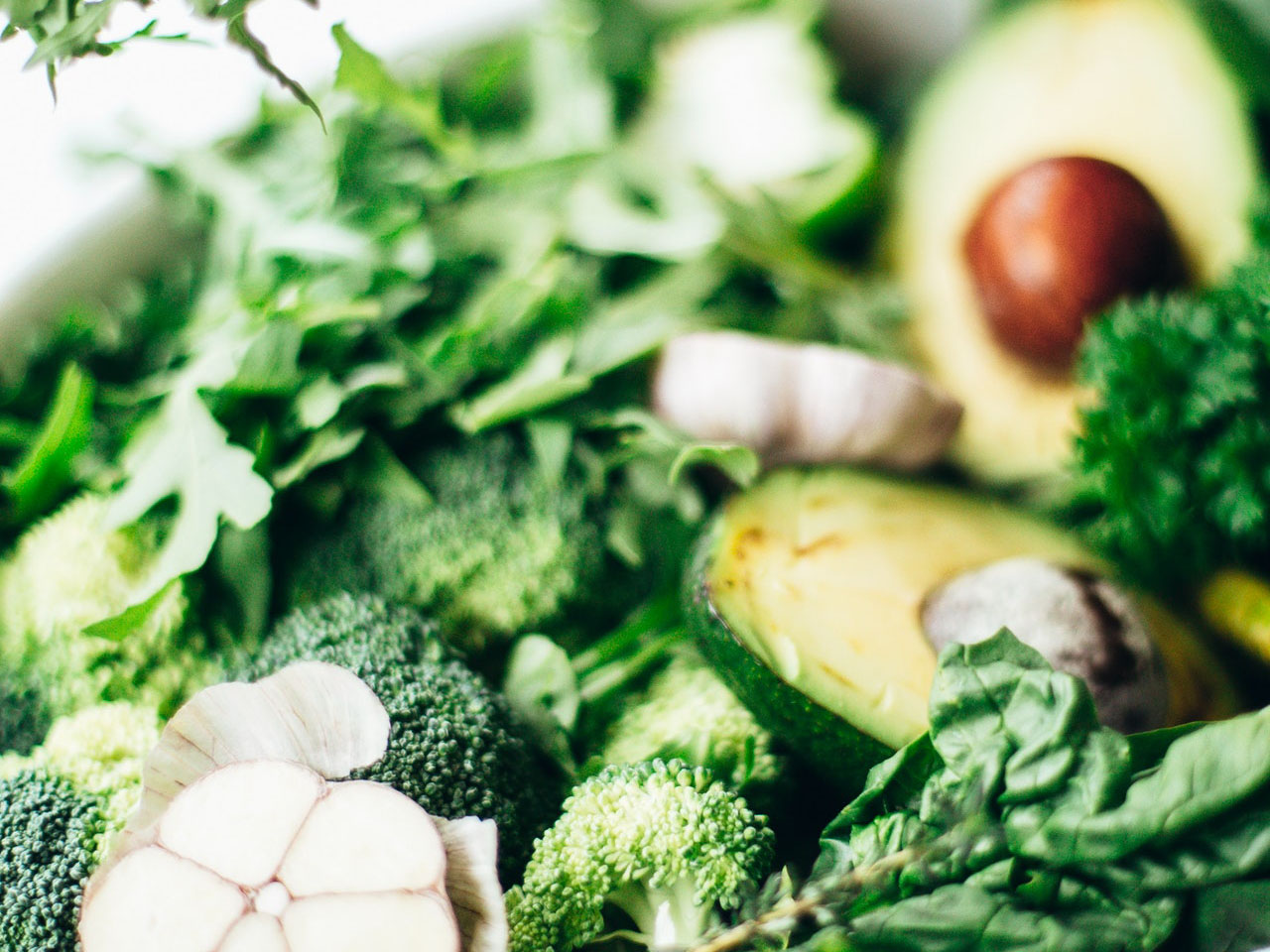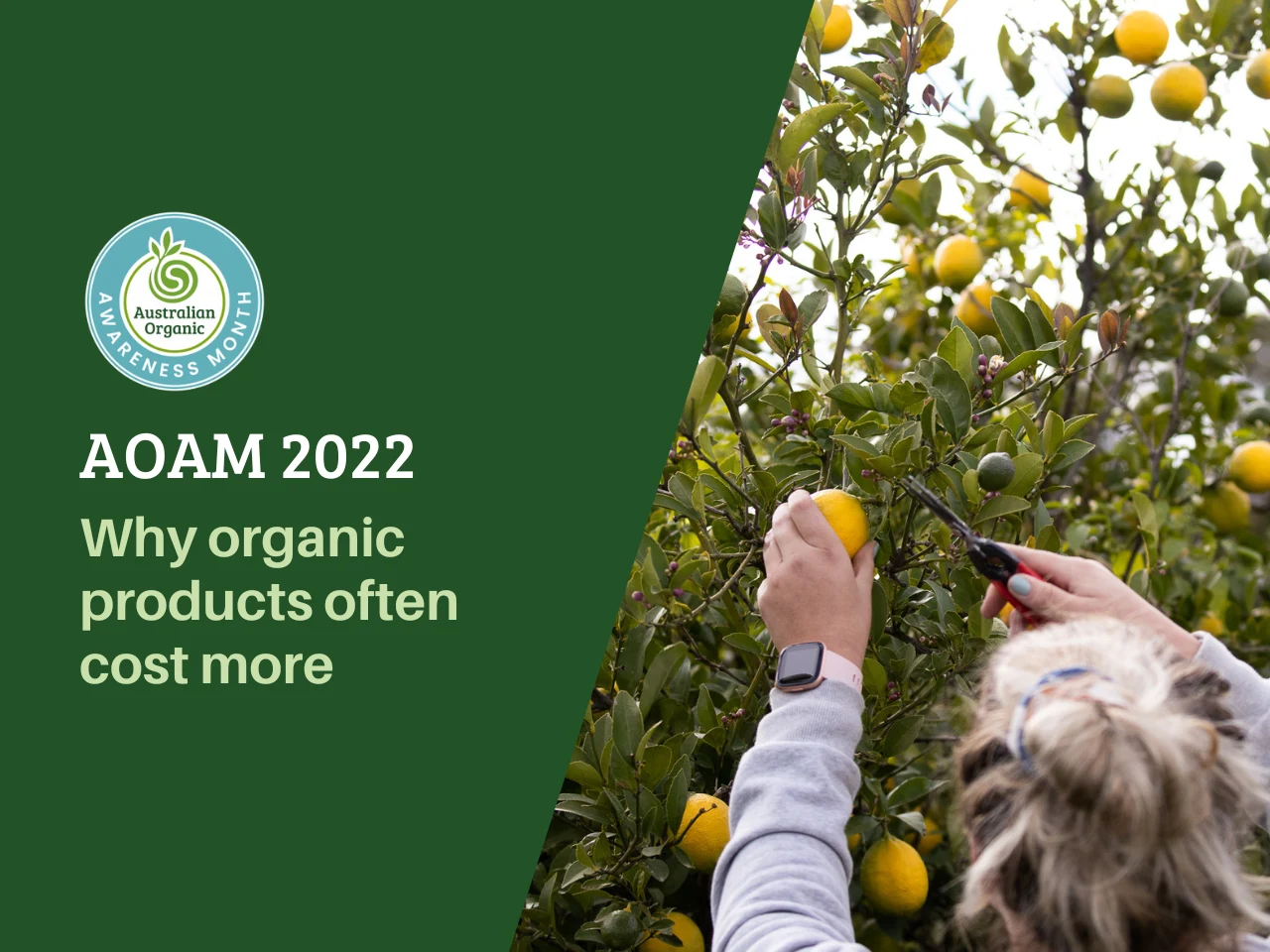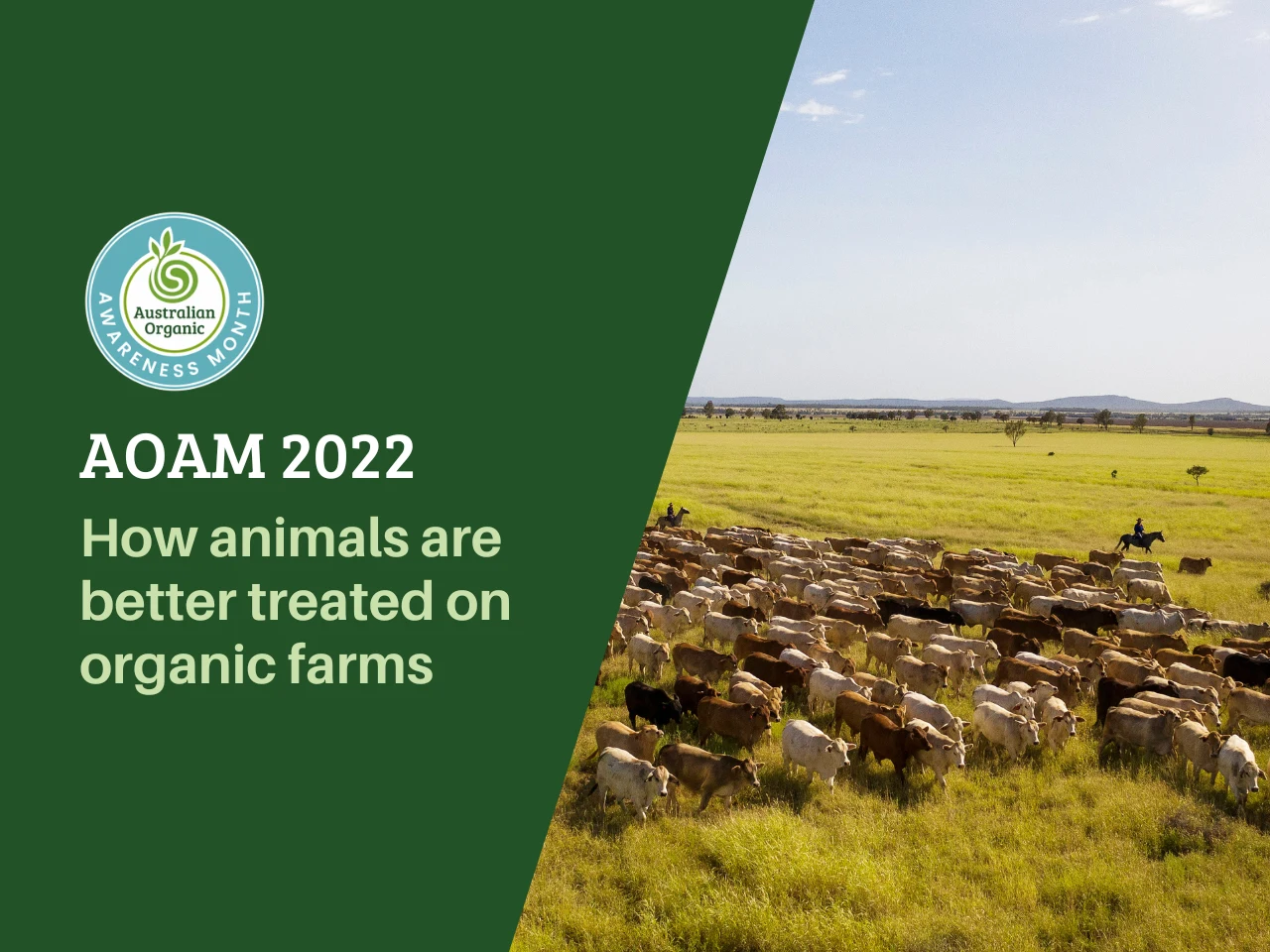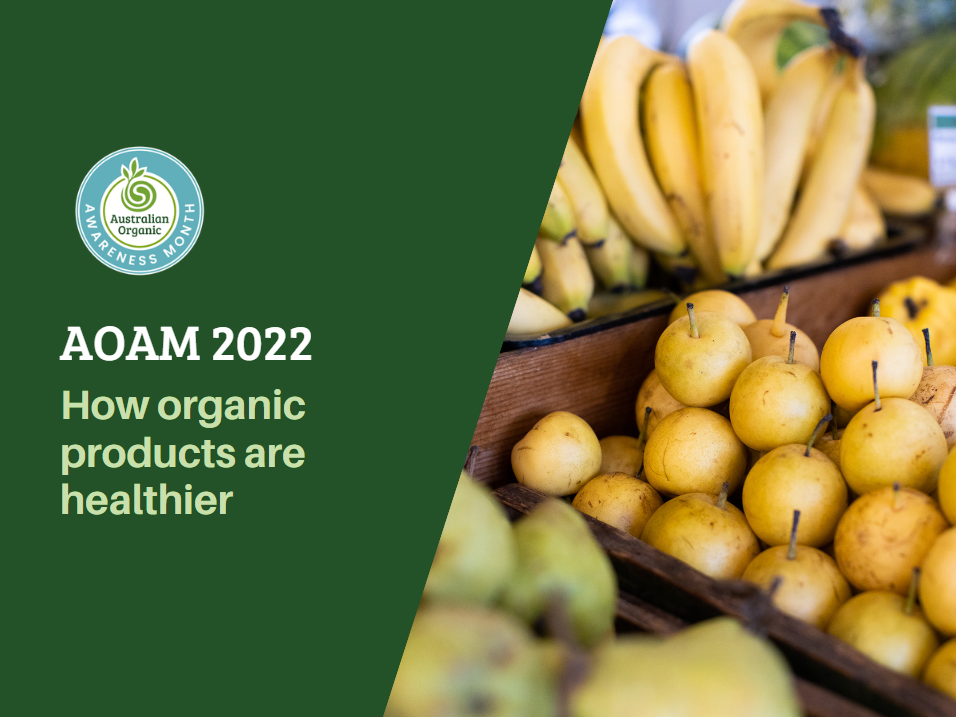Blog
From how to make your very own organic products, to gift ideas, gardening and healthy lifestyle tips, to learning more about the organic industry – we’ve got it covered!
Cool down with this healthy holiday treat featuring Manuka honey, courtesy of the team at Biosota Organics. Manuka honey is renowned for its health benefits and has been used medicinally throughout history - it also tastes great!
Organic farming is an ecological management system that maintains and enhances soil fertility, promotes ecological balance, animal health and conserves biodiversity. For farmers, converting to organic is more than just switching out similar products. It is about understanding the natural cycles of farm agroecosystems and how to use them to their advantage rather than control them.
Just in time for summer, horticulturist Claire Bickle explains how to keep that summer harvest rolling in with a range of well-known veggie favourites that just love the heat and humidity. Claire takes us through a step-by-step guide that's sure to make summer veggies thrive for organic growers.
The team at United Organics provide a fresh What's in Season update for November so you can see which organic fruit and veg is available this month.
Organic fruit and veg comes from a system of natural farming that maintains and replenishes soil fertility without the use of toxic, persistent pesticides or synthetic fertilisers. Now your question might be, why isn't all fruit and veg grown like this? Read on to find out why.
The team at United Organics provide a fresh What's in Season update for October so you can see which organic fruit and veg is available this month.
A key principle of certified organic food production is that all livestock must be ethically treated and have their specific needs met. Organic certification guarantees animals have had plenty of space and fresh air throughout their life, and have been able to behave as closely to how nature intended as possible.
There is a lot of extra work that goes into producing delicious organic food, because it’s grown naturally, without synthetic herbicides, pesticides, or chemicals. Chickens are allowed more space, pigs aren’t kept in stalls and cattle graze on a healthy grass ecosystem – all of which can mean more intensive labour for the farmer and the need to add a little extra at the checkout.
Organics are free of synthetic herbicides, pesticides, or chemicals. More research needs to be completed to conclusively determine if you’re better off without those chemicals in your system but research has shown certified organic foods can be more nutritionally dense - with more antioxidants, polyunsaturated fats and omega-3 fatty acids.
Learn more about organics in Australia
As part of our 2022 Awareness Month campaign, we released a series of five short videos that detail the local sector. Click below to watch!
